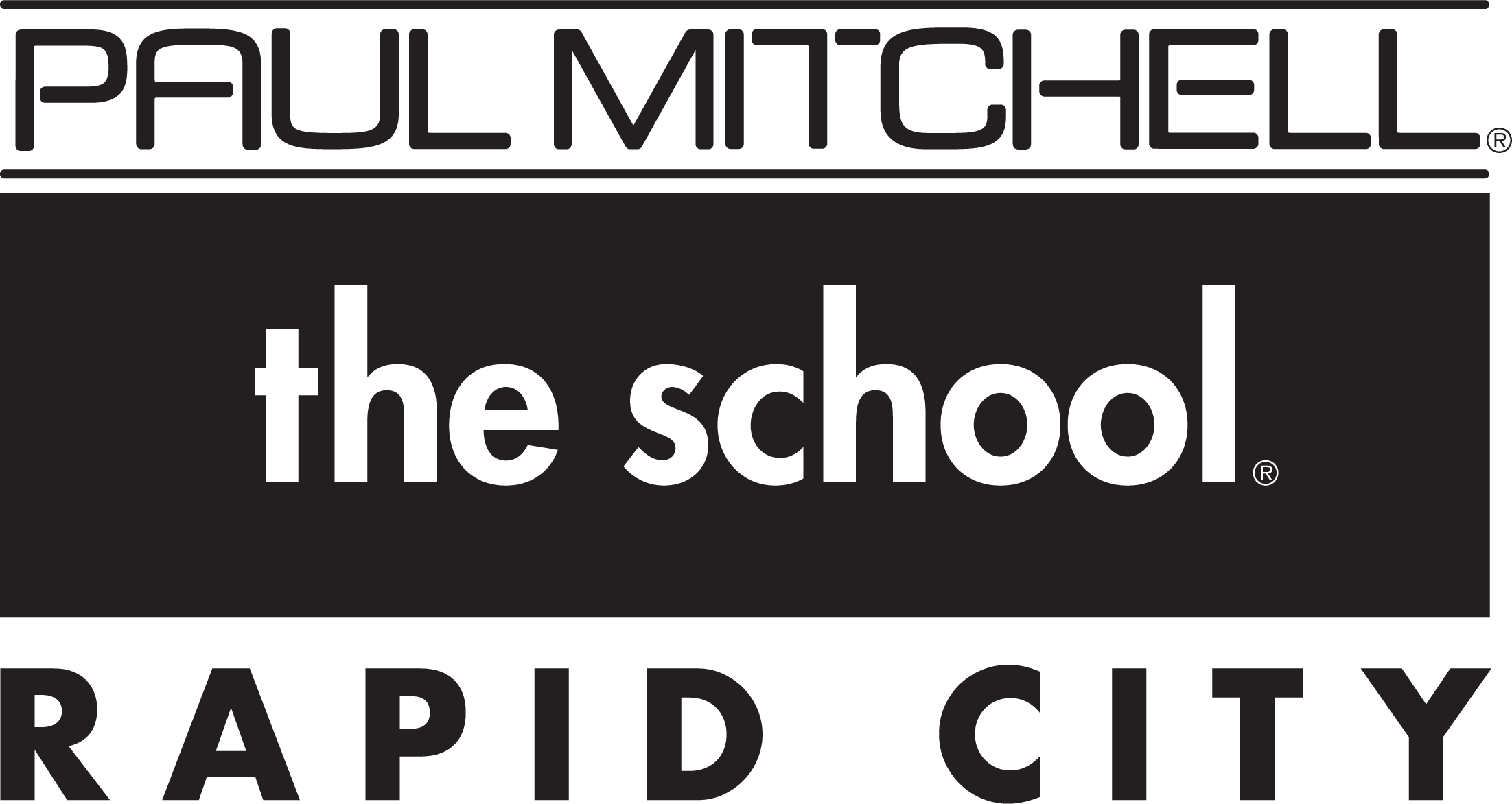MASSAGE COURSE DESCRIPTIONS
Standard Occupational Classification (SOC) 31-9011
Classification of Instructional Programs (CIP) CODE: 51.3501
The curriculum involves 750 hours which exceeds South Dakota state requirements. The course of study includes extensive instruction in kinesiology, anatomy, physiology, massage techniques and modalities, and professional development skills to prepare future professionals for success in the massage therapy industry.
*Graduates are prepared to become an entry level massage therapist.
This course is taught in English.
MASSAGE COURSE OVERVIEW
Course Hours: 750 clock hours
The course is comprised of theory, demonstration, practical experiences, and practical application in both preclinical and clinical classes.
- Pre-clinical Classroom Instruction: Preclinical Classroom Instruction: The first 300 hours are devoted to theory, demonstration and practical experience. Future Professionals will learn anatomy, physiology, kinesiology, fundamental massage techniques for relaxation massage, and professional development.
- Clinic Classroom Experiences & Application: The remaining 350 hours are comprised of theory in advanced techniques and modalities, guest artist presentations and demonstrations and gaining practical experiences practicing massage and customer service skills with guests in a structured learning environment.
MASSAGE COURSE OUTLINE
Throughout the 750-hour (27 week) course, Future Professionals will learn theory of massage, anatomy, physiology, kinesiology, pathologies, and hands on application. We base our instruction on Swedish Massage relaxation techniques and we incorporate other modalities such as. stretching, reflexology, and therapeutic massage. We infuse proper personal care into the program to provide career longevity.
Subjects are presented by means of lecture, demonstration, and future professional participation. Guest speakers, field trips, and additional massage related experiences are utilized in the course.
Three specific learning styles are incorporated in one or more combinations:
- Core Curriculum: This 300 hours (10 weeks) are dedicated to exploring fundamental knowledge, in anatomy, physiology, kinesiology, and pathologies. Future Professionals will be regularly evaluated with written and practical exams. This is an intense, rewarding, and exciting portion of your experience.
- Protégé Learning Experience: Transitional period from the Core phase to Adaptive phase. Protégé’ prepares Future Professionals for the clinic classroom experience.
- Adaptive Phase: This phase focuses on building on the foundations learned in the Core phase by experience and application.
- Creative Phase: This phase focuses on refining massage techniques and preparation for working in the industry.
- Clinic Classroom Learning Experience: The remaining 450 hours will be primarily dedicated to building your practical skills and professional growth. Future professionals will practice the skills learned that will foster success in this rewarding and diverse field.
Massage Course Subjects
The instructional program of Paul Mitchell The School Rapid City meets or exceeds the state requirements:
| Subject | Hours |
|---|---|
| Body’s system and anatomy, physiology, and kinesiology | 240 |
| Pathology | 40 |
| Massage and bodywork assessment, theory, and application | 260 |
| Business and ethics, with a minimum of six hours in ethics | 60 |
| Adjunct techniques and methods that theoretically complete a massage program | 135 |
| Additional Hours | 15 |
| TOTAL HOURS | 750 |
The institution offers employment assistance to help graduates’ efforts to secure education-related employment that includes, but is not limited to training in professionalism, resume’ development, job interview preparation and job search skills.
Massage Program Testing and Grading Procedure
The following tests and grading procedures are used to assess Future Professional's comprehension of content in the 750-hour course:
- Academic theory exams: Future Professional's must receive a grade of 80% or higher on each assigned theory exam.
- Core written and practical skills evaluation: Future Professionals must receive a grade of 80% or higher on each written exam and each practical skill exam in order to complete the Core phase and transition to the next phase Future Professionals are unable to pass each exam after two attempts, and/or maintain the 80% academic average they may be asked to withdraw from the program and re-enroll in the next available class start date.
- Kinesiology Finals: Comprised of a written and practical palpation exam that assesses the comprehension and application of kinesiology. Future Professionals must receive a grade of 80% or higher on both exams to move to the next phase of the program.
- Anatomy and Physiology Final Exam: This written exam assesses the comprehension of anatomy and physiology.
- Clinical Practical Evaluations: Future Professionals will be during the Clinic Classroom experience. Future Professionals must receive a grade of 80% or higher on practical evaluations.
